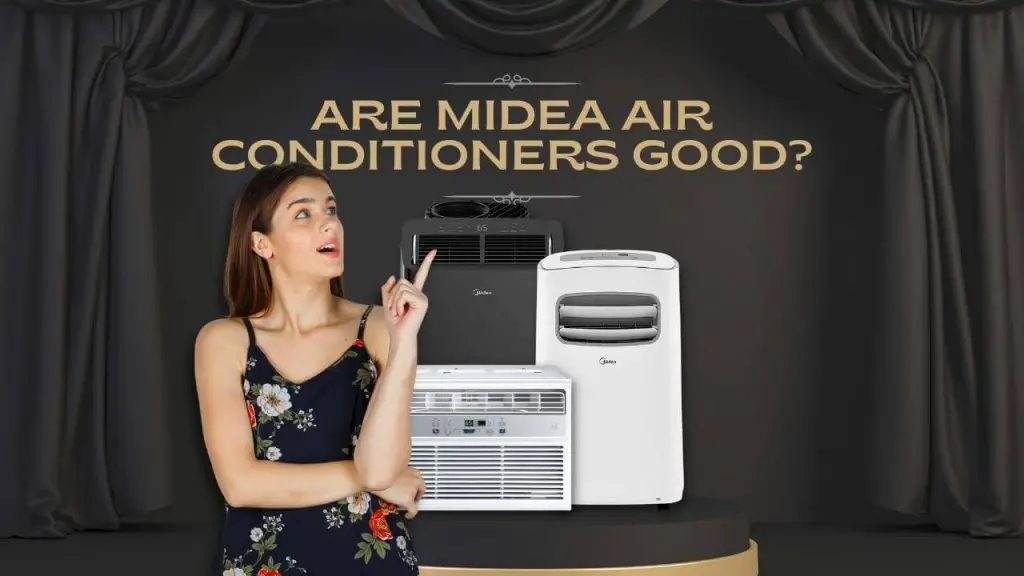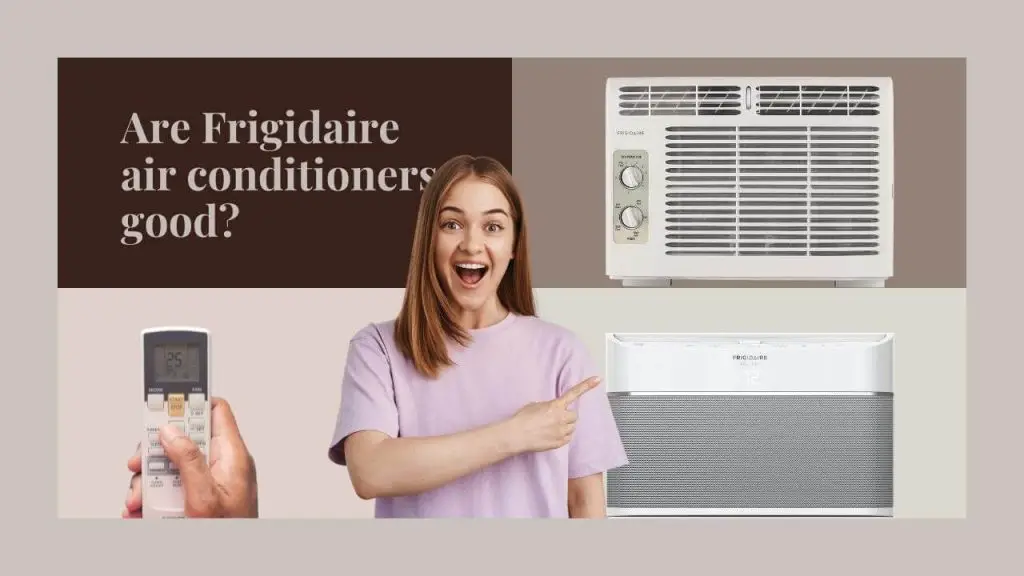Air conditioners have become ubiquitous home and office appliances across the globe. An interesting statistic out of the United States records an impressive 87% of homes utilize air conditioners.
In fact, it is becoming unusual to walk into a home or office and not find an air conditioner, carefully installed to expel heat and introduce cooler temperatures.
But, what exactly do these appliances require to operate? One of it is gas, and that is the focus of this post.
Why is properly maintaining Air conditioner components important? The answer is pretty straightforward, when important components are left unattended for a long period of time, the entire unit won’t function at optimum capacity.
For example, if you ignore the filters and vents in your A.C., the unit will be unable to function optimally, thereby releasing unfiltered air, and requiring more energy to run properly.
In the same vein, you should also monitor the gas levels in your air conditioner, so as to refill in the event of a shortage. To do this, you need to be conversant with the types of air conditioner gases available on the market.
Which Gas is Used in Air Conditioners?
Refrigerants generally refer to fluids used in air conditioner units, to transfer resident heat in the room to the environment.
Over the years, the appeal for eco-friendly methods regarding appliances has caused a revolution in the type of refrigerants used.
Ideally, the right choice when it comes to which gas to use in A.C units depends on a number of factors like safety and the nature of the gas; whether it is corrosive or not, and the thermodynamic properties of the gas, etc.
1. Chlorofluorocarbons, CFCs
Before the fear of global warming became a household topic, chlorofluorocarbons were the most popular refrigerants in most air conditioners.
The gas in this category is called Freon or “R-12” and was the most widely used gas for air conditioning.
However, the use of this Freon in air conditioners has been widely discontinued, understandably so, and has given way for newer and healthier alternatives.
2. Hydrochlorofluorocarbons, HCFCs
When HCFC gases were first used decades ago, it was considered a much better improvement on CFCs.
And although it still wasn’t very safe for continual use, as it also results in ozone layer depletion, it had its advantages. To date, it still is the most common gas for air conditioners.
The most common kind of HCFC used in most air conditioners is “R-22”. It was considered to be slightly better than CFC because of its chlorine component, which is also largely the reason why it is unsafe.
It also isn’t considered totally safe as an air conditioner gas because of its depleting effect on the ozone layer.
3. Hydrofluorocarbons (HFCs)
Scientists are forever improving on previous inventions and methods, ensuring the resultant is not only the most efficient way to get things done, but is also the safest both for humans and the planet.
This is the reason why HCFC gases were improved to produce Hydrofluorocarbons (HFC). In order to take a step closer to achieving total environmental friendliness, scientists sought to eliminate chlorine from HCFC gases, thereby creating the HFC gases in refrigerants.
HFCs are much safer for the environment and do not cause depletion of the ozone layer.
All over the world, the most widely used HFC in air conditioners is the “R-410A”, also called “Puron”.
Considering factors like Energy Efficiency and Ozone depletion potential, the HFC gases are significantly better than HCFCs. Another popular HCF gas used in air conditioners is “R-32”.
4. Hydrocarbons, HC
Often regarded as the most eco-friendly air conditioner gas at the moment, Hydrocarbons have taken over almost completely.
Most recent air conditioner designs come with Hydrocarbon gas as their refrigerant. The most popular ones are “R-290” as propane and “R-600A” as iso-butane.
They are completely rid of any type of halogen and run the least risk of depleting the ozone layer. They are also highly energy-efficient, and highly flammable.
Which is the best AC Gas and Why?
All the air conditioner gas types are meritorious in their own way. However, if we are to decide which is the best gas to use, the flaws in each type of gas become more apparent.
To put this in perspective, most companies still make air conditioners with the “R-22” gas, and although it’s fairly efficient in its own regard, the “R-410” easily surpasses it when you consider certain parameters.
If concerns of global warming and carbon emissions are considered, the “R-410” becomes your first choice as it has little or no negative effect on the ozone layer.
The gas also transmits heat from the room to the environment much better than the “R-22”. Air conditioner compressors work better with the “R-410” in cooling and prevention of overheating.
Also, the R-32A gas is reusable, and can be easily recycled. Although mildly flammable, it is still a better alternative to “R-22”.
How much Gas is in a 1.0 Ton A.C, 1.5 Ton A.C and 2.0 Ton A.C?
When dealing with a 1 Ton air conditioner unit with a 5 star inverter, you will require about 750g of gas to run efficiently.
For a 1.5 Ton air conditioner, using a refrigerant like “R-22” or “R-410A” and utilizing a 5-star rating inverter, you will require about 1kg to 1.25kg of gas to run smoothly.
While a 2 Ton air conditioner will require about 1.5kg to 2kg of gas to operate seamlessly.
How long does AC gas last?
Understandably, you may be concerned about how long you would be able to use your air conditioner before worrying about the gas running out.
Well, here’s the short answer, you most likely would need a gas refill only twice for as long as you use that air conditioner, which may be between 10 and 12 years.
That means a refill may be required after about 5 or 7 years. The lengthy answer is, different air conditioner brands have different lifespans, depending on factors such as maintenance, frequency of usage, quality etc.,
Without leaks and if used efficiently, your air conditioner and its refrigerant gas should be able to last you over a decade, while some go as far as 15 years, depending on how well you use it and how well you prevent gas leaks.
Gas leaks are the only known causes of gas shortages in air conditioners. Preventing a leak is the only way to guarantee longevity.
How do you check AC Gas and how do you know if your AC is low on gas?
No matter how careful you are, and how well you maintain your unit, leaks can still happen. It is important to know how to detect them quickly, so as to immediately call a professional for repair to avoid any form of damage to your unit or accidents in your home.
Generally, studying the temperature inside the room while the air conditioner is running is the most common way of knowing if your air conditioner is low on gas.
This is because air conditioners generally move hot air out of the room, to the surroundings with the aid of refrigerants. Without sufficient AC gas, the temperature of your room is likely to remain hot and uncomfortable. Other methods include;
- Consistent building up of ice on the surface of the unit outside the room.
- A distinct hissing or bubbling noise is heard, which signifies a shortage.
- Performing a quick soap test to check for any gas leaks.
- Using a functional electronic detector to determine gas shortage.
- Noticing how long your air conditioner takes to cool the room.
- An increase on your electricity bill could also point to gas shortage.
What happens if your Air conditioner runs without gas?
Right off the bat, running your air conditioner without sufficient gas is a bad idea. This could result in your AC unit having a short lifespan, and we’re sure you don’t want that.
Although your air conditioner may still run, even without gas, it won’t cool your room. Also, you’d be putting too much pressure on your unit.
You must ensure you switch off the entire unit and immediately invite a professional for a refill and possible repairs.
Final Comments:
Many brands actually state the type of gas in their units. Also, there are laws in the United States that regulate Air Conditioner gases. While it may be easy to forget maintenance when enjoying the comfort your air conditioner provides, it is absolutely important to ensure it continues operating optimally.
Improved types of refrigerants are much safer to use in our ACs than older options. It is important you opt for more environmentally friendly options when next you’re in the appliance store.
| Photo | Title | Buy |
|---|---|---|

|
LEVOIT Air Purifier for Home & Bedroom - For Allergies and Pets Hair | Check Price On Amazon |

|
BREEZOME 60 OZ Quiet Dehumidifiers for Home, Dual-Semiconductor | Check Price On Amazon |
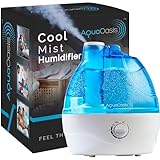
|
AquaOasis™ Cool Mist Quiet Ultrasonic Humidifier for Bedroom & Large room | Check Price On Amazon |

|
43.3'' Portable Air Conditioners, 3-IN-1 Evaporative Air Cooler w/Remote | Check Price On Amazon |

|
BlueDri BD-AS-550-BL Negative Machine Airbourne Cleaner HEPA Air Scrubber | Check Price On Amazon |
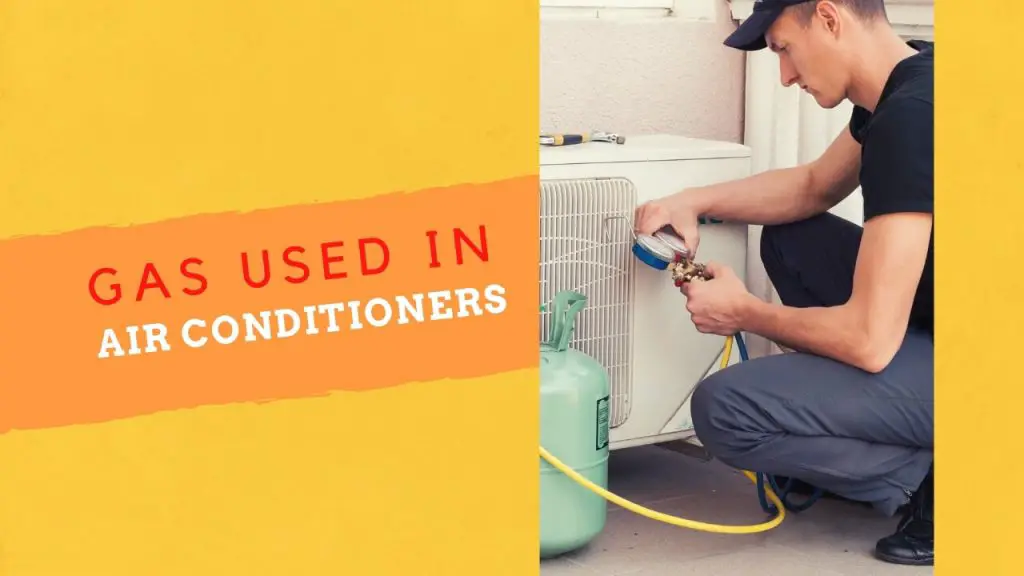
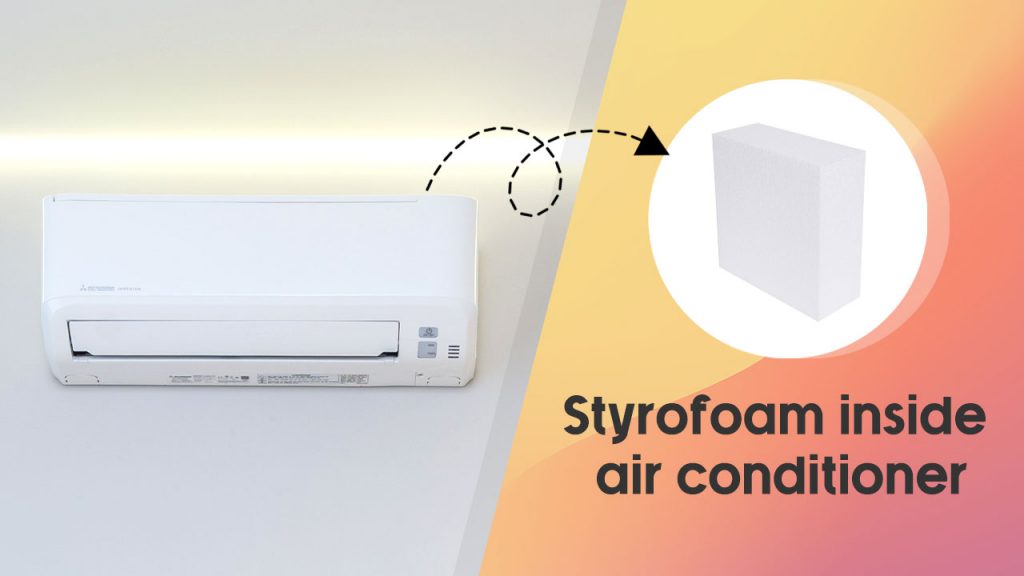
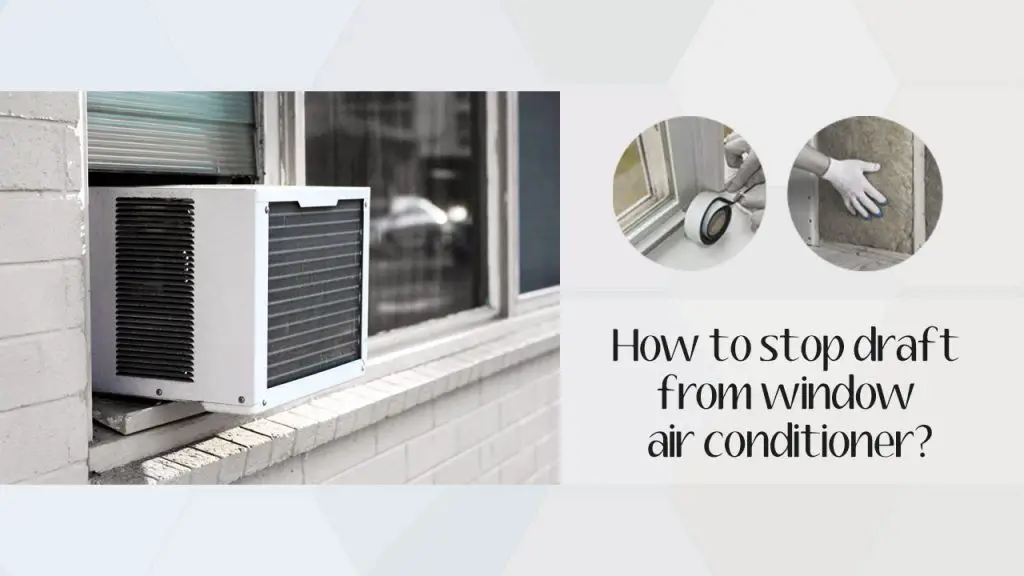
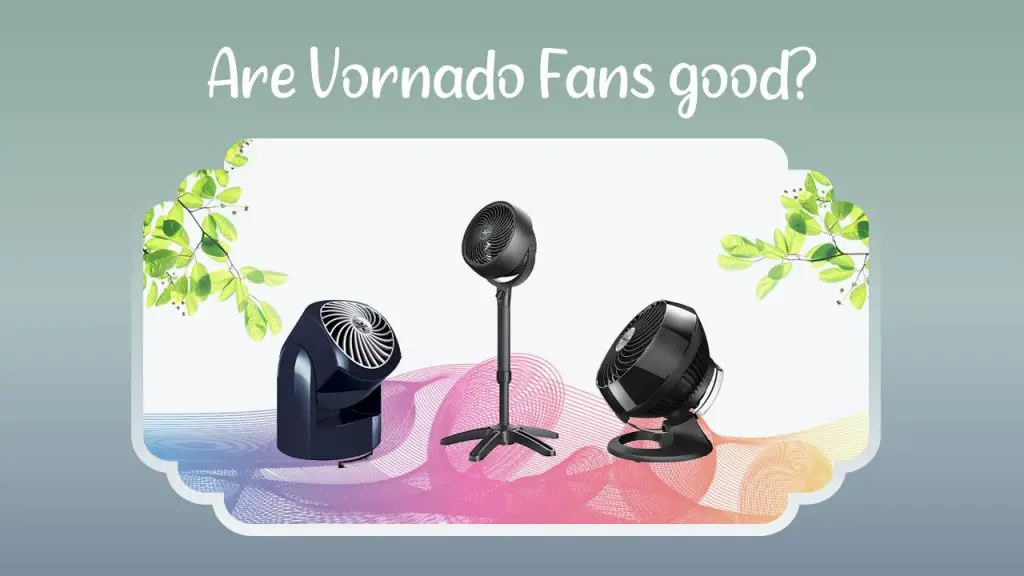
![Frigidaire Vs LG Air Conditioners [Comparison & Recommendations]](https://www.airpurelife.com/wp-content/uploads/2022/01/Frigidaire-vs-LG-Air-Conditioners-1024x576.jpg)
